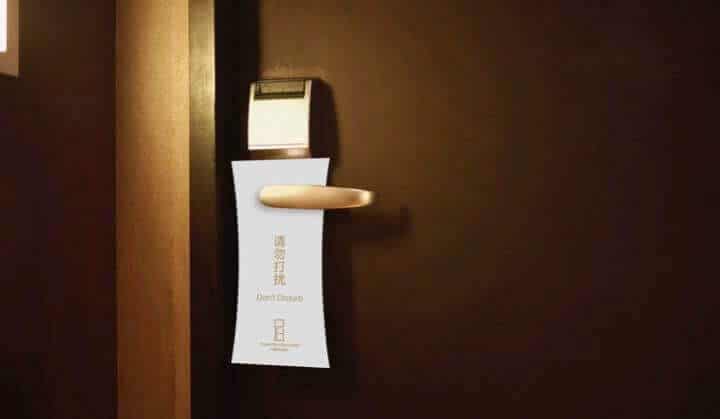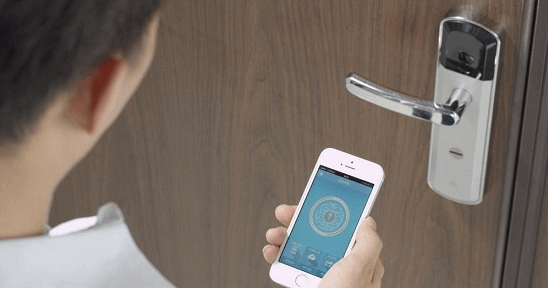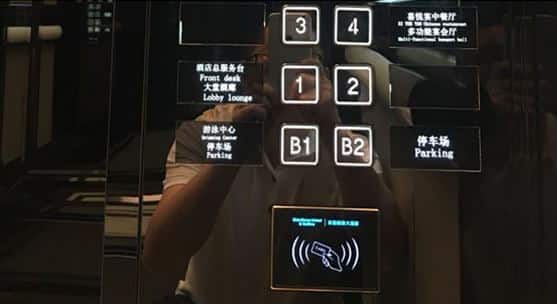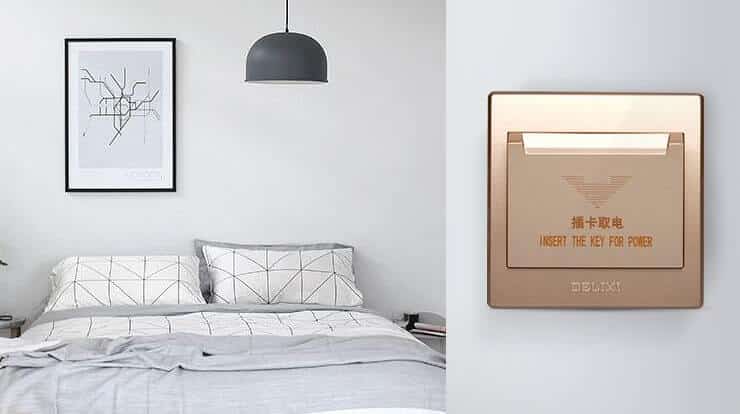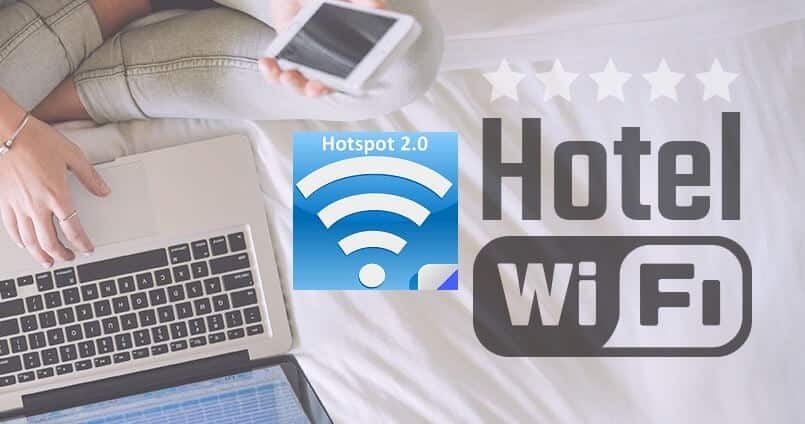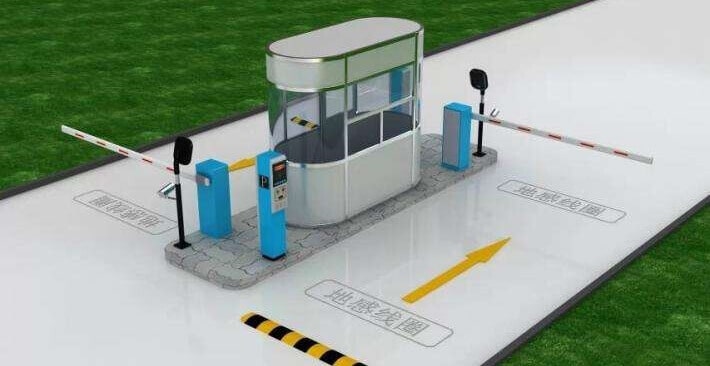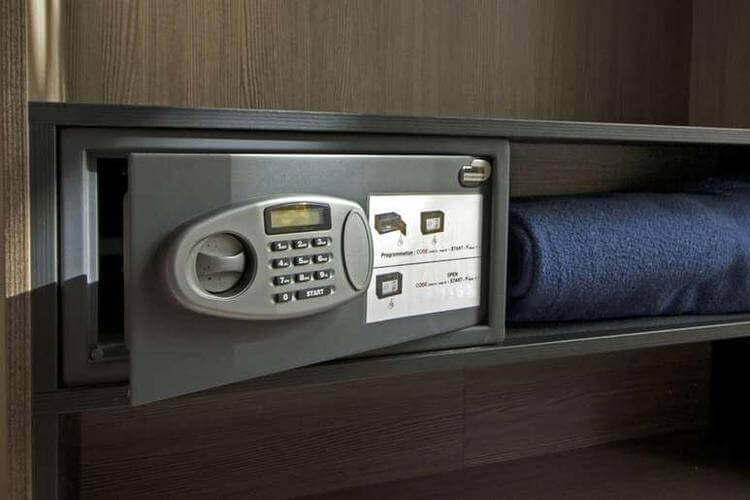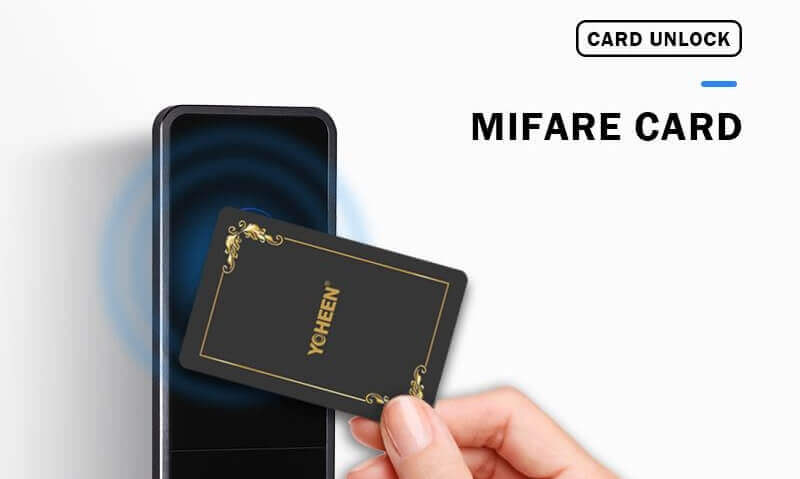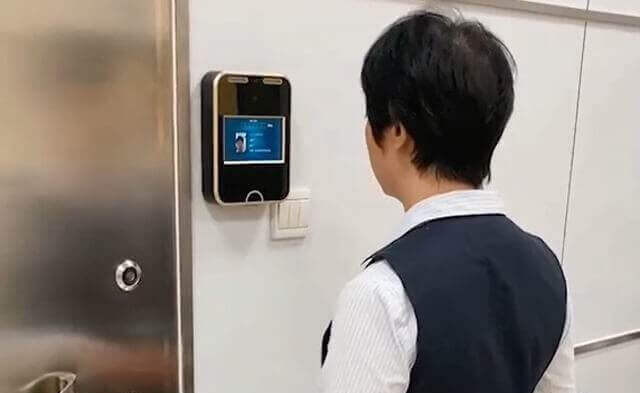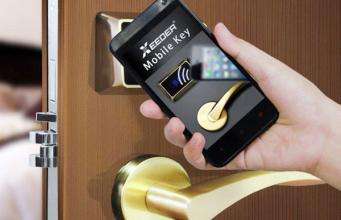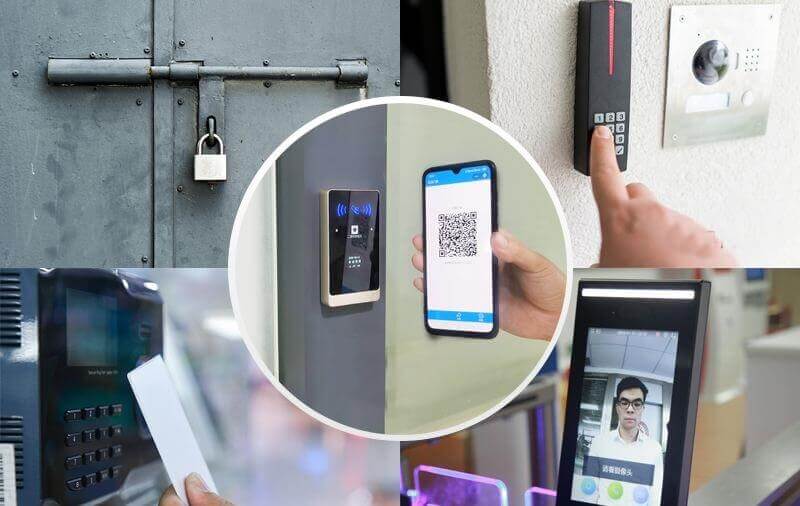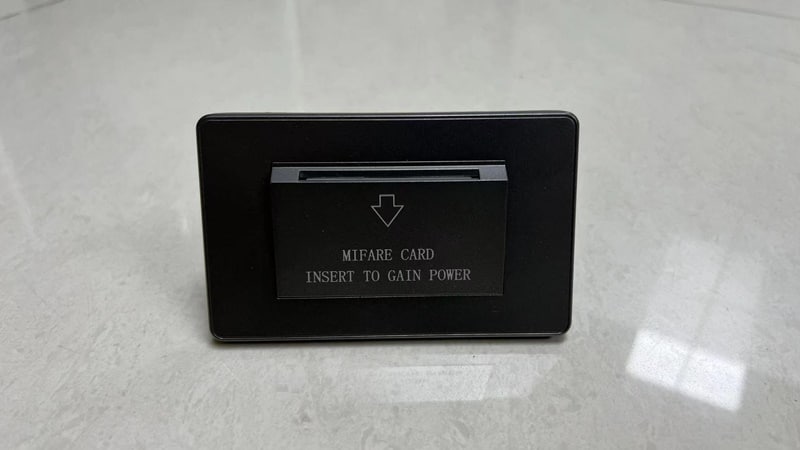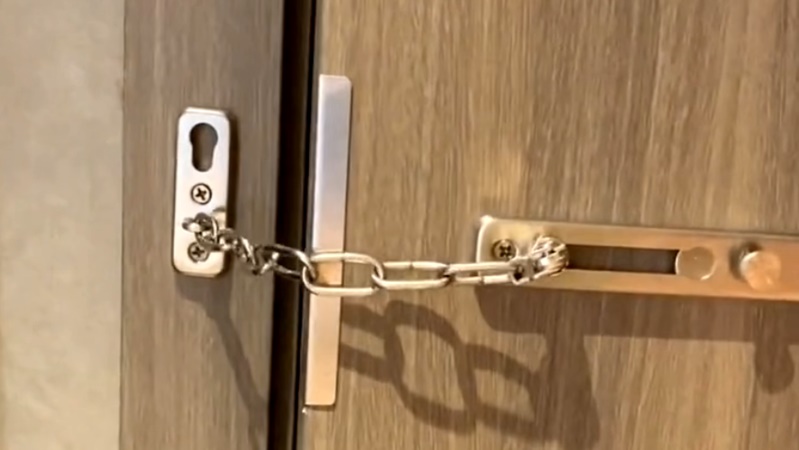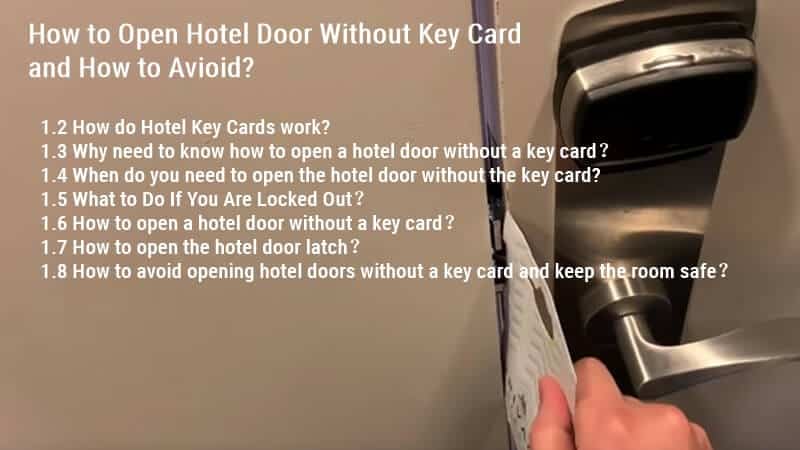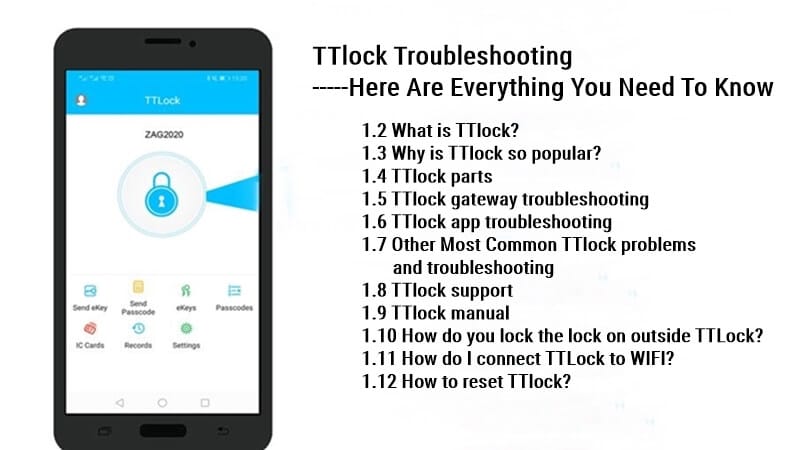Different Types of Hotel Access Control and How To Choose?
There are many types of hotel access control systems available on the market, but it can be difficult to choose which one is right for your business.
In this article, we will explain the different types of hotel access controls in detail. Finally, we will look at how you can decide upon the correct type of hotel access control system for your needs.
What is the hotel access control?
An access control system in the hotel is a system that allows you to manage and monitor the movements of people throughout your hotel, whether it’s guests or staff, as well as the physical assets on your premises.
The system can be set up so that only certain people can enter particular areas at various times while others cannot. This means you can keep people and property safe and prevent theft.
An access control system gives you complete control over what happens inside your hotel.
The control system in the hotel includes the hotel door lock system, hotel room, hotel elevator, and other public areas to control the movement of people and vehicles entering or leaving a secured area.
What are The types of access control systems used in hotels?
Access control is pivotal in hotel data management, allowing guests to enjoy their stay while safely keeping their information private. Here are some of the most common types of access control systems used in hotels:
Hotel door access control system
The door lock access control system is essential to hotel access control. It is mainly used for hotel rooms, public, fire, and other areas.
One of the easiest ways to implement hotel access control is by adding a keypad or card reader next to the door. This will require guests to enter a passcode or swipe a room card to unlock the door and get into their rooms. You can also open the hotel room with your phone, which gives you complete control over who comes in or goes out of your hotel room.
Some systems use biometrics (fingerprints or retinas) or RFID cards/tags scanned if you want something more advanced. These systems allow you to track who has entered each room, from where they came before entering it, and how l undyed inside.
This system controls access through hotel doors, preventing unauthorized entry and allowing authorized guests to move freely inside the building. It’s simple enough for guests to use their room key and passcode, even if they can’t remember them. The system can be operated by employees or a machine connected to an internet connection.
Hotel elevator access control
The elevator access control system is widely used in hotels to ensure security and prevent unauthorized elevator use.
The hotel elevator control system is mainly used to control hotel guests using the elevator and to enter the floor where their guest rooms are located.
It often works with other systems, such as the hotel door lock system. In this way, hotel guests can use a room card for the elevator to reach the corresponding floor to ensure that only authorized employees or guests can get on the lift. And at the same time, open the hotel room door.
Elevators are the central passage that connects all hotel floors, so we need to ensure that no unnecessary people can take hotel elevators.
For example, when someone stays at the hotel for business, there is no need to go through every building floor because they will not use all the hotel facilities. Therefore, it is better if that person can access only one floor on which their room is located.
With an elevator access control system installed and programmed correctly, you can quickly achieve your goal without any doubt and tension about security.
Hotel Room Access Control System
The hotel room power access control mainly uses a key card power switch to control the power supply of the whole room.; it involves an electronic/RFID card that enables you to use this card to open room doors, activate the power in rooms, or turn on TVs and lights. Card keys are specific to individual guest rooms and are selected based on the guest’s itinerary. You should apply an access control system to protect your assets and employee safety in your hotel rooms.
Hotel Wi-Fi Access Control:
If you’ve ever traveled and had to access the internet at a hotel, you know it can be safe and secure—or very much the opposite. Hotel Wi-Fi access control helps ensure that guests have quick and easy access to the internet while also ensuring that only authorized users can log on. This means keeping your data safe from hackers and preventing bandwidth hogs from using your internet connection!
Hotel parking access control:
This access control system regulates the entry and exit of cars. It is often seen in parking garages and car parks across hotels, shopping malls, apartments, hospitals, offices, etc.
The system relies on automatic barriers installed at the entry and exit points. These barriers use electronic sensors to detect when a car comes into range. This triggers a mechanism that controls whether or not the barrier should open for it.
Suppose you’re interested in implementing this access control system in your hotel. You could install external bollards and pedestrian gates to add an extra layer of safety while also achieving aesthetic appeal.
Hotel Safe Box Access Control
This type of access control limits access to safes by only allowing authorized hotel guests into them.
These safes are installed in hotel rooms to store guests’ valuables when they leave their rooms unattended. Most safe box access systems rely on biometric technology such as fingerprint and retina scans for authorization, making them highly secure and hard for criminals to bypass.
Other safe box systems use keypad combinations to enter the secure box surface codes.
Which access control identification method is Best for Hotels?
As you can see, the range of possible identification methods is vast. Some are more convenient for guests, and some are more convenient for staff, but no single way is best. Considering which options will work best for your hotel’s needs is essential before deciding on a system.
This section will talk about the different identification methods and their benefits.
RFID hotel card key access control
Because of their low cost and ease of use, RFID hotel key cards are popular among hotels looking for reliable access control solutions.
These cards work by using a small radio transmitter embedded inside each card. When you hold it against an RFID hotel lock, your information will be transmitted wirelessly into the system without inserting anything into any slot on the door lock!
Biometrics hotel access control
Biometric technology is one of the most secure methods for hotel access control. It verifies identity using unique physical traits, such as fingerprints or iris scans. This technology is particularly well-suited for high-security areas where it’s essential to prevent unauthorized entry and ensure that only authorized personnel can enter restricted areas.
However, biometric systems are more expensive and require regular maintenance and cleaning to function properly; otherwise, they may experience malfunctions or downtime due to poor sensor operation or clogged sensors.
Magnetic Keycards for hotel access control
This is a standard method used in most hotels. It’s simple, easy to use, and low entry cost. Magnetic keys are usually inexpensive (if not free) but can also be lost quickly and must be replaced.
However, the magnetic stripe key card hotel access system is a bit outdated and cannot meet the security needs of modern hotels. You can consider upgrading the old magnetic key card hotel lock system to an RFID or mobile APP hotel lock system.
Mobile hotel access control
Mobile hotel access systems allow guests to use their smartphones as a keycard to open the hotel door. Please note mobile access control for hotels always needs Bluetooth hotel door locks. You can check our TTlock smart lock and TThotel lock system.
A guest could open an app like Google Maps or Airbnb on their phone or tablet, click the “check-in” button, and scan the QR code that automatically appears when they enter the building.
For example, there are no receptionists inside the lobby area but only vending machines available, so there isn’t anyone around who could assist with checking someone or anywhere else.
How to choose a hotel access control system?
Choosing a hotel access control system is an important decision that impacts the security, convenience, and overall guest experience. Here are some steps and considerations to help you make an informed choice:
- Assess Your Needs:
- Size of the Property: A large hotel may require a more complex system than a small boutique hotel.
- Type of Guests: Business travelers might have different needs than vacationing families.
- Existing Infrastructure: Determine if the new system can integrate with current security and IT systems.
- Keyless Entry Options:
- Magnetic Stripe Cards: Common but can demagnetize and wear out.
- RFID Cards: More durable than magnetic stripe cards and can be used for other applications like payment or loyalty programs.
- Smart Cards: Can store more data and be integrated with other hotel services.
- Mobile Access: Allows guests to use their smartphones as room keys.
- Integration with Property Management System (PMS): Ensure the access control system can integrate seamlessly with your PMS. This allows real-time updates on guest check-ins/check-outs, room changes, and more.
- Security Features:
- Encryption: Ensure the system uses strong encryption to prevent unauthorized access.
- Audit Trails: The system should log who accessed which areas and when.
- Anti-Clone Features: Prevents unauthorized duplication of access credentials.
- Multi-Factor Authentication: For areas that require higher security.
- Ease of Use: The system should be intuitive for guests and staff. Consider the ease of issuing, reissuing, and revoking access.
- Scalability and Flexibility: Choose a system that can grow with your hotel’s needs. It should be easy to add more rooms or integrate new technologies.
- Reliability and Durability: Opt for systems with a reputation for reliability and durability, especially in high-traffic hotels.
- Cost: Consider both the initial investment and ongoing costs. This includes maintenance, software updates, and potential replacement of parts.
- Vendor Reputation: Research vendors and choose a good reputation for customer service, reliability, and post-sales support. Ask for references or case studies from other hotels.
- Guest Experience: The system should enhance the guest experience, not detract from it. For instance, mobile access can offer convenience but ensure reliability and doesn’t frustrate guests.
- Backup and Support: Ensure there’s a backup system in place in case of failures. The vendor should provide timely support and training for your staff.
- Future-Proofing: Technology evolves rapidly. Choose a system that can be updated easily or has features that will be relevant for years to come.
- Environmental Considerations: Some hotels prioritize sustainability. If so, consider systems with eco-friendly features, such as energy-saving capabilities.
- Feedback from Staff: Your staff will be interacting with the system daily. Their feedback on usability and functionality can be invaluable.
- Trial or Demo: If possible, request a trial or demo of the system. This allows you to test its features and usability before committing.
Remember, your hotel’s best access control system depends on your needs, budget, and priorities. It’s worth investing time in research and consultation to make the right choice.
Conclusion
Now that you have a better understanding of the types of access control for hotels, you can easily choose which option is best for your business. Remember that hotels have many access points, so it may be a good idea to utilize more than one type of access control system to increase security while maintaining functionality.

